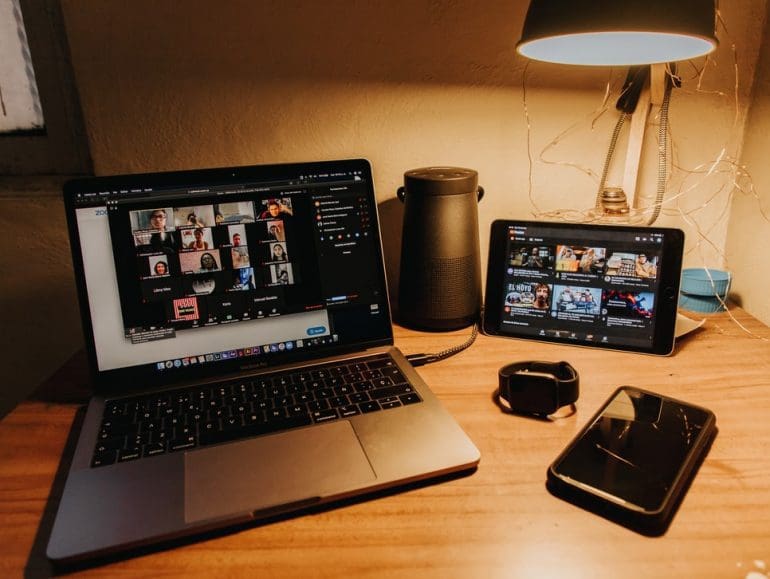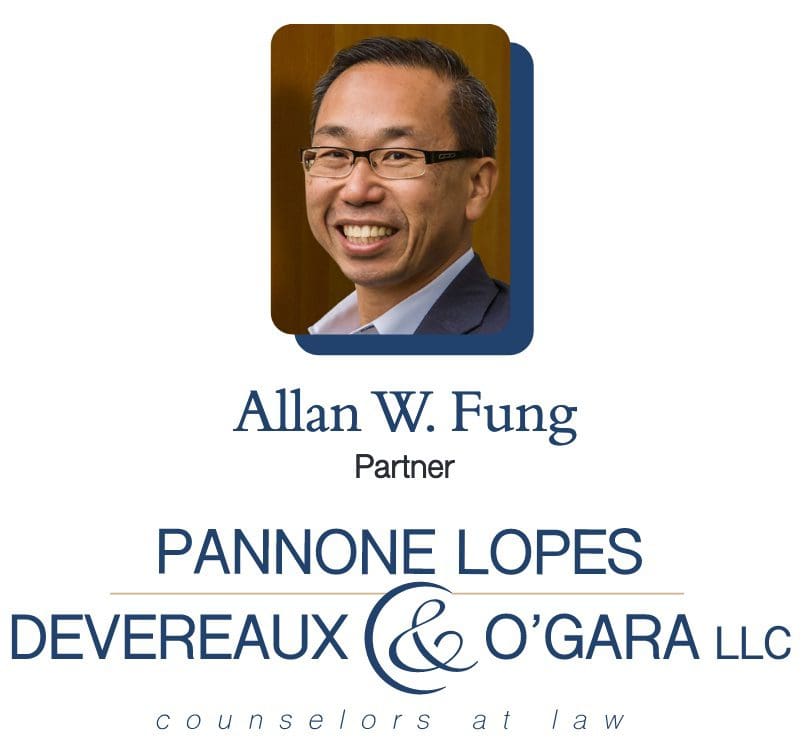Search Posts
Recent Posts
- Rhode Island Weather for June 4, 2025 – Jack Donnelly June 4, 2025
- Sour Grapes time! – Tim Jones (meet Tim at AnimeCon) June 4, 2025
- Lawsuit filed to stop Empire Wind Project by 4 environmental groups and fishermen June 4, 2025
- It is what it is: 6.4.25 – Jen Brien June 4, 2025
- New ALS treatment by PathMaker Neurosystems. Co. funded by RI Life Sciences Hub to come to RI. June 3, 2025
Categories
Subscribe!
Thanks for subscribing! Please check your email for further instructions.

Rules of decorum for virtual public meeting settings – Allan W. Fung
Printed with permission of PLDO
Prior to the introduction of a virtual world caused by the COVID-19 pandemic, if you witnessed a city councilor popping open a beer, drinking it and then eating dinner while the council meeting was in session, your reaction likely would be bewilderment and outrage, and lead you to believe that the council member simply did not care enough to pay attention to you, or even worse, was impaired while doing official business. Moreover, if there were children in the council chambers, that councilor would be sending a troubling message regarding alcohol and most importantly, respectful decorum.
Since COVID-19 has taken us by storm, technology has been a great tool to allow public officials to hold vital meetings remotely through virtual platforms like Zoom or WebEx so that important work can be performed. As officials and employees turn on their video cameras from their living room couches, home offices, and kitchen tables, we’ve seen the atmosphere get more casual and relaxed. Numerous incidents have arisen across the country where council or board members, public employees and even attendees have not only subbed their business wear for jeans, sweaters, or even t-shirts but also taken more extreme liberties and been caught drinking alcohol or eating while the meeting is occurring.
In Brighton, Colorado, a councilman showed up for a remote meeting drunk and was later censured by his colleagues. In Flint, Michigan, a councilman was removed from a virtual meeting by other members who believed he was drunk. In California, a school board President was seen drinking a beer during a zoom meeting and was reprimanded for violating the district’s alcohol and drug free workplace policy. In Rhode Island, a school committee member in one community fell asleep in his recliner. In another municipality, the city clerk was seen drinking what appeared to be a beer and eating during a council meeting.
Public officials and city employees may be under the misconception that workplace rules on conduct don’t apply when they are in their own home. For all intents and purposes, the person should be considered at work when it is during work hours or when it is at a public meeting. Unfortunately, when expectations are not clearly delineated as to what is appropriate or what constitutes a clear violation of workplace rules, there can be confusion when it comes to disciplinary action.
That is why setting clear remote work guidelines is essential.
First, government chief executives know all too well that disciplining public sector employees for workplace behavior is difficult. This can be covered by not just the laws established by ordinances and rules as well as the employee handbook, but more importantly, the respective collective bargaining agreements. These officials should ensure that there are proper protocols addressing the virtual workplace embedded in these documents.
Next, legislative bodies and boards and commissions should undertake a review of their adopted rules to see if actions in these virtual settings can lead to some form of discipline if they are breached. Generally, these rules contain catch-all clauses dealing with decorum during the meeting, but it’s better to be more specific to include the online setting as well.
While it remains to be seen whether this new virtual meeting world stays on in the public sector as the pandemic subsides, a commonsense approach in the meantime would be to ask yourself whether this behavior during a virtual meeting is acceptable during an in-person one. In the absence of that, it is critical that government employers and public officials update their policies to set clear guidelines so that people know what is expected in the virtual world when they are participating from home in public meetings.
If you would like further information about virtual meetings policies and guidelines, please contact PLDO Partner Allan W. Fung at 401-824-5100 or afung@pldolaw.com.
About Allan W. Fung
Allan W. Fung is a Partner with Pannone Lopes Devereaux & O’Gara LLC. His distinguished career as a leading Rhode Island executive and former Mayor of the City of Cranston spans over 12 years, from 2009 to 2021, overseeing budgets in excess of $300 million and a workforce of more than 660 employees.
Mr. Fung is widely recognized as a leading voice and frequent speaker at national and international forums on a wide range of issues including economic development, pensions, fiscal management, and diplomacy and international trade, as well public private partnerships (P3s) and other policy and legislative matters.
Prior to becoming Mayor, he worked as Government Relations Counsel and Legal Counsel for MetLife for eight years, managing the company’s national affairs on legislative and regulatory matters for its Auto & Home division, and providing counsel and risk assessments to corporate executives and clients in various states across the country in the areas of product development and contracts and compliance, among other legal issues.
Earlier, Mr. Fung worked as a Special Assistant Attorney General in the Rhode Island Department of Attorney General in the Narcotics & Organized Crime Unit, and as a Litigation Associate with Mandell, Schwartz & Boisclair.
He earned his J.D., cum laude, from Suffolk University Law School in Boston, MA, and a B.A., cum laude, in Political Science from Rhode Island College. He is a graduate of Leadership RI and a Rhode Island Bar Foundation Fellow. He is admitted to practice in state and federal courts in Rhode Island and Massachusetts.

